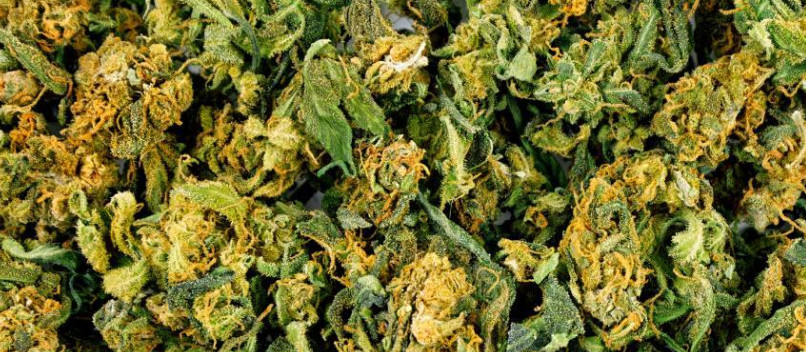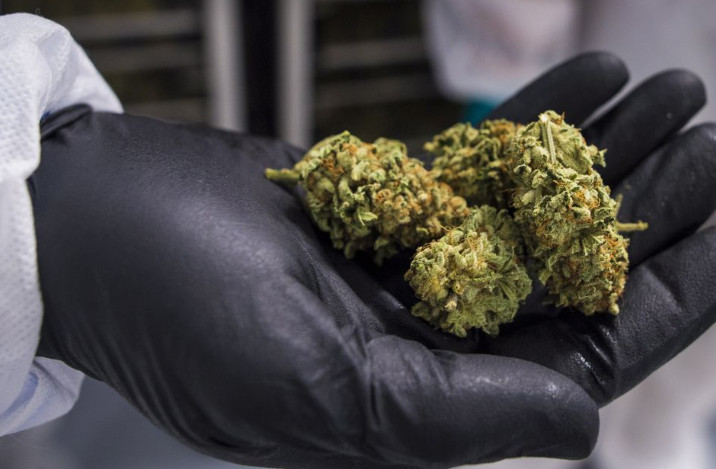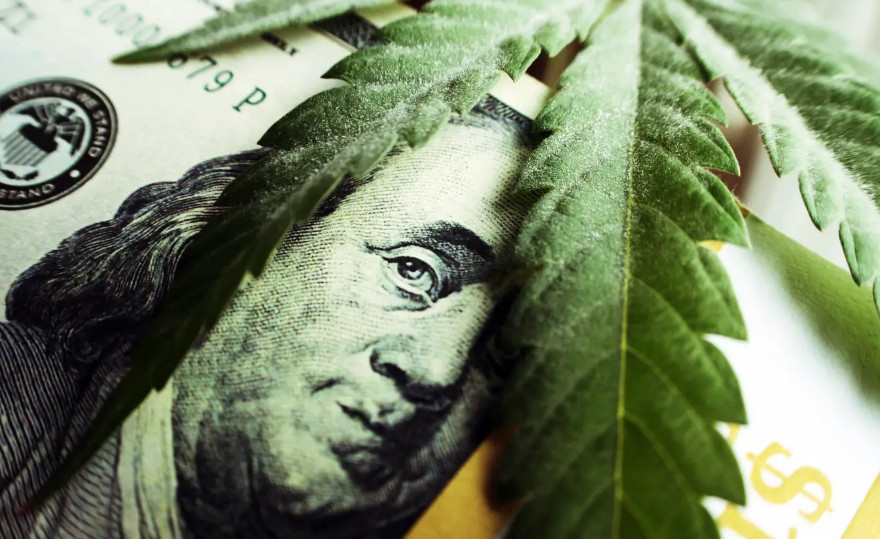Legalized weed is on the rise in the Americas.
Recreational cannabis is now legal in Canada. Mexico may soon follow suit. Here in America, 10 states and D.C. now permit recreational use for adults over 21. Another 23 states have legalized medical pot. Even Republicans are coming around to the benefits. War on drugs diehards may soon need to flee to Europe to escape the sickly-sweet scent. Who’d have predicted that a decade ago?
Two-thirds of Americans now support legalizing pot. The percentage of pro-pot Americans has more than doubled since 2000. It’s one of the most stunningly rapid transformations of public opinion in modern American history.
So, allow me to offer an unpopular opinion: Pot is bad.
I know, I know. It can be hard to get worked up about a little grass. There are so many other frightening things to worry about, and most people seem to have bought into the argument that recreational pot will basically be fine, because after all, it’s a lot less bad than alcohol (which still does a great deal of harm to society).
Psychologically, the pot-vs-alcohol comparison is soothing. Most of us have lived with legal booze for our entire lives. It’s not alarming to see beer at a ball game or wine at a dinner party. Perhaps pot will be similar, except less harmful because it’s less addictive, less life-threatening, and less likely to fuel violent rage. Middle-class moms like me will go on fussing about sex and drugs, but maybe we just need to pour ourselves a glass of chardonnay and relax.
Pot seems to affect the development of the adolescent brain, which may be a relevant consideration all the way through a person’s mid-20s. At least in the short-term, pot impairs memory, executive function, and motor skills. Chronic cannabis use can in some instances trigger psychiatric illnesses, such as schizophrenia and bipolar disorder. And it is addictive, even if moderately less so than some other drugs.
All of these connections are controversial and (to date) understudied, so it’s hard predict just how bad the problem is. Realistically though, that just underscores how alarmed we should be over this brave new world of weed.
Today’s commercial strains of recreational pot are dramatically more potent than that schwag you smoked with your buddies back in 1979. Even since the mid-’90s, the THC content of middle-of-the-road weed has quintupled or more, and commercial markets today are mostly driven by heavy users who crave that punch. How can we predict the long-term consequences when kids are smoking stuff that wasn’t available until a few years ago?
For all its problems, alcohol at least represents a known commodity. And we’ve developed a range of strategies for discouraging alcohol abuse. Traffic cops have breathalyzers in their cars. Standardized labeling requirements keep consumers informed as to what they’re putting into their bodies. Everyone knows that there will be consequences for showing up to work intoxicated, or for overindulging on social occasions. These measures are only partially effective, but they do help. A majority of American adults drink alcohol, but only a minority drink to excess.
In principle we could develop similar checks for cannabis, but it will take a lot more research and development, not to mention years’ worth of cultural adaptation. What will happen in the meantime?
In plenty of ways, marijuana is obviously less dangerous than booze. Nobody dies of marijuana poisoning, and people rarely commit homicide in a pot-induced rage. It doesn’t follow, though, that weed can’t ruin a lot of lives. As we’ve recently seen with the opioid crisis, drug epidemics always take the hardest toll on already-vulnerable populations.
Is there a pot dispensary in your neighborhood? If so, it’s time to have a talk with your kids. If not, have the talk anyway. This isn’t your grandparents’ world — or your grandparents’ weed.
Credit: theweek.com





